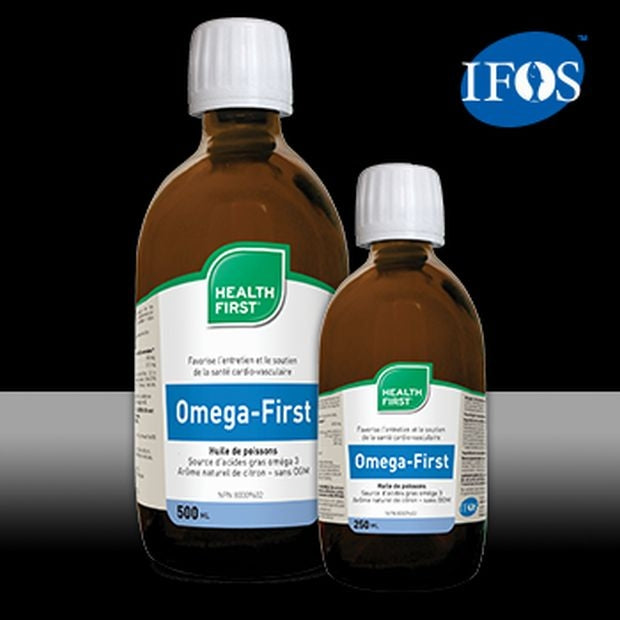A Canadian and independent assessment service can answer your questions.
Despite decades of research on the benefits of omega-3 fatty acids from cardiovascular health oils, most consumers have recently become aware of the benefits of omega-3 supplements.
Gradually as The consumption of fish and fish oil for their omega-3 intake has increased, consumers have also been made aware of the potential risks of consuming seafood in connection with certain contaminants. Fish from our seas and oceans are exposed to artificial and natural contaminants present in water and in their diet and that we in turn ingest by consuming marine products.
There is an advantage to take supplements of fish oil Compared to fresh or canned fish. Fish oils, from the body or liver of the fish, can be cleaned. Processes such as filtering and molecular distillation help eliminate contaminants. On the other hand, the control tests to confirm the safety of fish oils are just as important as cleaning itself.
An evaluation service used to confirm the quality of fish oil supplements has been set up in Guelph in Ontario. The International Fish Oil Standards organization, or IFOS, offers an assessment of independent fish supplements and publishes the detailed results on its website to inform the public: www.ifosprogram.com In addition, IFOS has a 5 -star rating system of the quality of fish supplements (5 stars = exceptional quality oil, 1 star = poor quality oil).
The 5 stars are defined as follows:
1st star - The product passes all tests for fish oils from the CRN (Council for Responsible Nutrition) and WHO (World Health Organization).
2nd star - The tests demonstrate that the claims of the product with regard to EPA and the DHA are truthful (or the product contains> 60% EPA/DHA combined for concentrated fish oils).
3rd star - Oxidation rate at less than 75% of the maximum rate established by the CRN.
4th star - BPC rate at less than 50% of the maximum rate established by the CRN.
5th star - Dioxin and furane levels at less than 50% of the maximum rate established by WHO.
This star system is used to confirm three important aspects of the quality of fish oils.
1. Safety: As the environment and the oceans are becoming more and more polluted, the fish we consume are at risk of containing harmful contaminants such as heavy metals, mercury, lead, furanes, dioxins and BPC (polychlorine biphenyls ). IFOS go beyond government standards in order to assess the safety of fish oil products with regard to these substances.
2.The omega-3 content: This is not the amount of fish oil in an extra supplement, it is its omega-3 content. Check the labels of the products to find out their real omega-3 content. Above all, they must contain EPA (Eicosapentaenoic Acid) and DHA (Docosahexaenoic Acid), the two most important omega-3 types. Concentrated shapes of fish oils can contain more than 400 mg of EPA and more than 200 mg of DHA in a single capsule. The Ifos control system checks that the claims made on the labels of the products are truthful.
3. The freshness: In addition to checking whether the products contain environmental contaminants, the Ifos system confirms the freshness of the products. It is important to consume a fresh fish oil since there is a risk of getting sick if you ingest oxidized oil. The Ifos system assesses the oxidation rate of a product to determine whether it is fresh or rancid.
The easiest way to learn more about the safety, power and freshness of your favorite fish oil supplement is to check the side on the IFOS website www.ifosprogram.com, in the "Consumer Reports" section. You will find there the results for brands of fish oils from around the world that have submitted their products to the independent and rigorous IFOS control system.
When we take our daily supplement of fish oil, it is good to know that it is a safe, powerful and fresh product. You can have peace of mind thanks to the Ifos assessment system.


